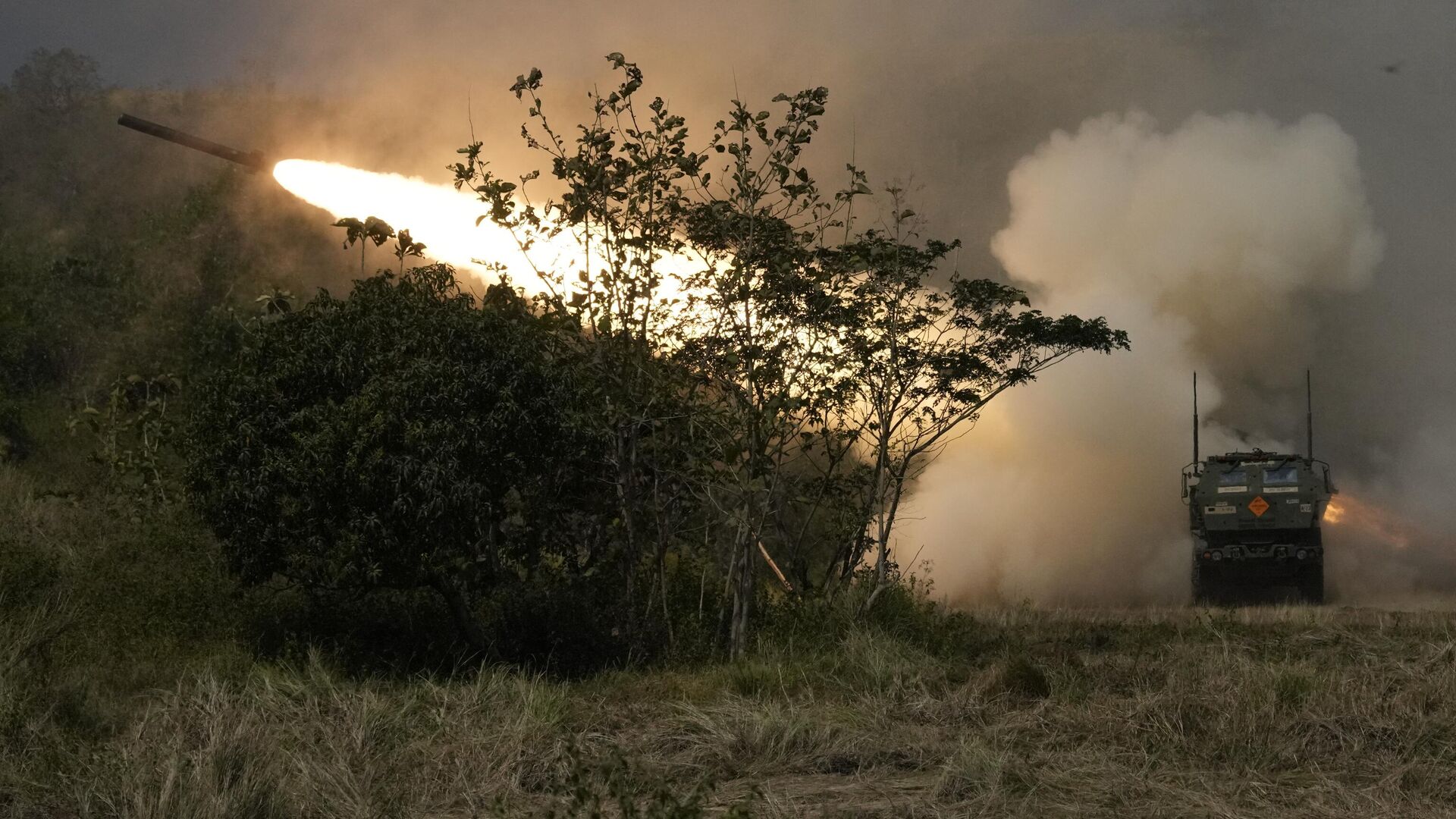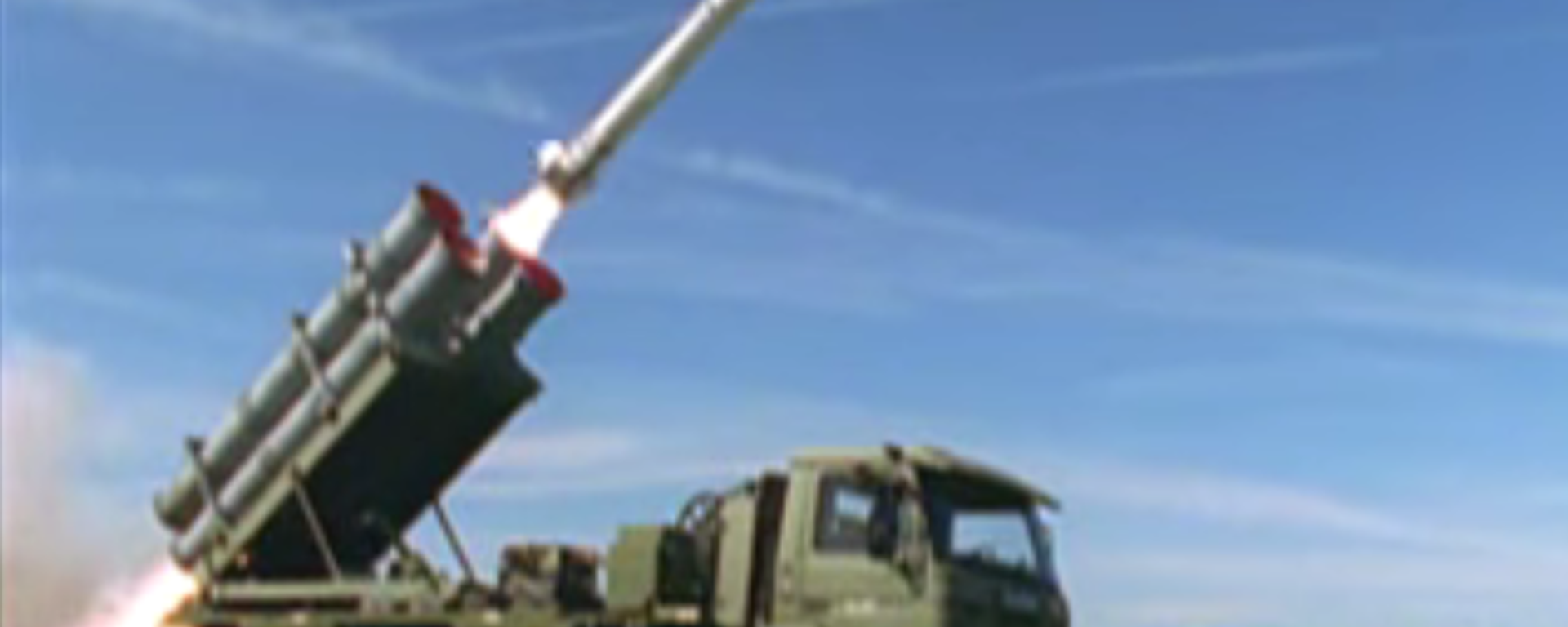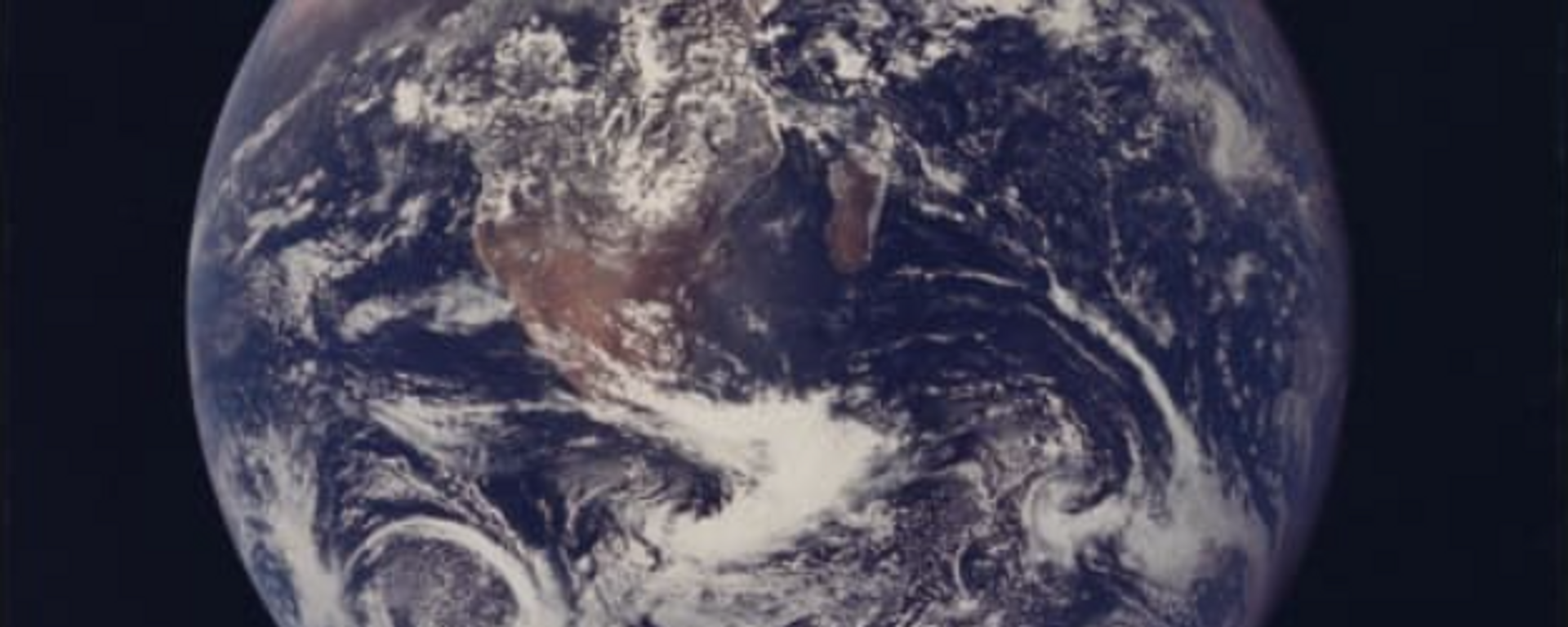Manila Refuses to Allow Storage of US Weapons Meant for Taiwan Defense at Philippine Bases
21:29 GMT 19.04.2023 (Updated: 12:46 GMT 19.06.2023)

© AP Photo / Aaron Favila
Subscribe
The Philippine government has said it will not allow the United States to use its bases in the country as staging places for potential operations against China in case of a war over Taiwan.
Philippine Foreign Affairs Secretary Enrique Manalo delivered the news during a hearing in the Philippine Senate on Wednesday regarding the Enhanced Defense Cooperation Agreement (EDCA) between the two countries.
"We would not agree to any kind of activity or even materiel not consistent with these agreed activities," Manalo said. "Our view is that EDCA is not aimed at any third country outside its meant for use for the Philippines and of course in connection with our treaty with the United States."
He added that their decision about whether to let the US store weapons at certain sites in the Philippines "will be guided by the main purposes" of the deal.
"And I think, at this stage, our main foreign policy is really to be friends to all. And therefore, I think, anything that is inconsistent with that would not be also consistent with our position," he continued.
The 2014 agreement is a supplement to the 1998 Visiting Forces Agreement, which provides for the temporary stationing of US forces at several Philippine-controlled military bases on regular rotations of personnel. Both agreements are predicated upon the 1952 mutual defense treaty between Washington and Manila, the latter of which only gained independence from the former five years earlier, following 50 years of colonial rule.
Balancing Washington and Beijing
Sen. Imee Marcos, the Senate foreign affairs panel chairperson and the president’s sister, further grilled defense and foreign affairs officials at the hearing, saying that the selection of four new sites for US military installations seemed to be "random and no longer purposeful with regard to the modernization of the (Armed Forces of the Philippines.)"
After a senior defense official said the sites were chosen to address a defense “vulnerability” in the country’s north, which is close to Taiwan, the senator replied: "In the north? I come from the north, sir. I don’t feel very vulnerable. Our fishermen in Cagayan and the Ilocos sea are not being harassed by anyone."
Another senior defense official said that installations in the country’s west were selected because "we are projecting force in the islands."
Manalo’s comments follow similar remarks by Philippine President Ferdinand Marcos last week, who sought to assuage Beijing’s fears that a deal to open four new US bases would lead to "more tensions and less peace and stability" in the region.
"China's reaction is not really surprising because they are worried,” he said. “But the Philippines will not allow the use of its bases for any offensive action. These will only be used to help the Philippines if it needs help.”
Since the administration of Marcos’ predecessor, Rodrigo Duterte, Manila has plotted a middling path between Washington and Beijing, seeking to use each to gain an advantage over the other.
Ramping Up for ‘Great Power Competition’
The US has looked to bolster its alliance with the Philippines since adopting its strategy of “great power competition” with Russia and China in 2017. On the edge of the South China Sea and the Bohai Strait, the archipelago nation is a key part of the “First Island Chain” over which both the US and China are preparing for a likely conflict to be fought.
Taiwan, a Chinese province in rebellion that receives open but informal support from Washington, is also a part of that island chain, and US President Joe Biden has steadily eroded the US’ long-held policy of “strategic ambiguity” on the question of whether it would come to Taiwan’s defense in case China tried to forcibly reunite the island with the mainland.
“Yes, if in fact there was an unprecedented attack.” Biden said in a September 2022 interview when asked if the US would defend Taiwan. In a previous interview that May, Biden was asked the same question and also said “yes,” adding: “That’s the commitment we made.”
In fact, the US canceled its mutual defense treaty with Taiwan in 1979, when it switched its recognition of the legitimate Chinese government from Taipei to Beijing.
Beijing has said it seeks peaceful reunion with Taiwan under a structure of “One Country, Two Systems,” which would preserve Taiwan’s capitalist economic system and liberal political system. A similar system was put in place when Hong Kong and Macao were reunited with China in the 1990s, following centuries of European colonial rule.





